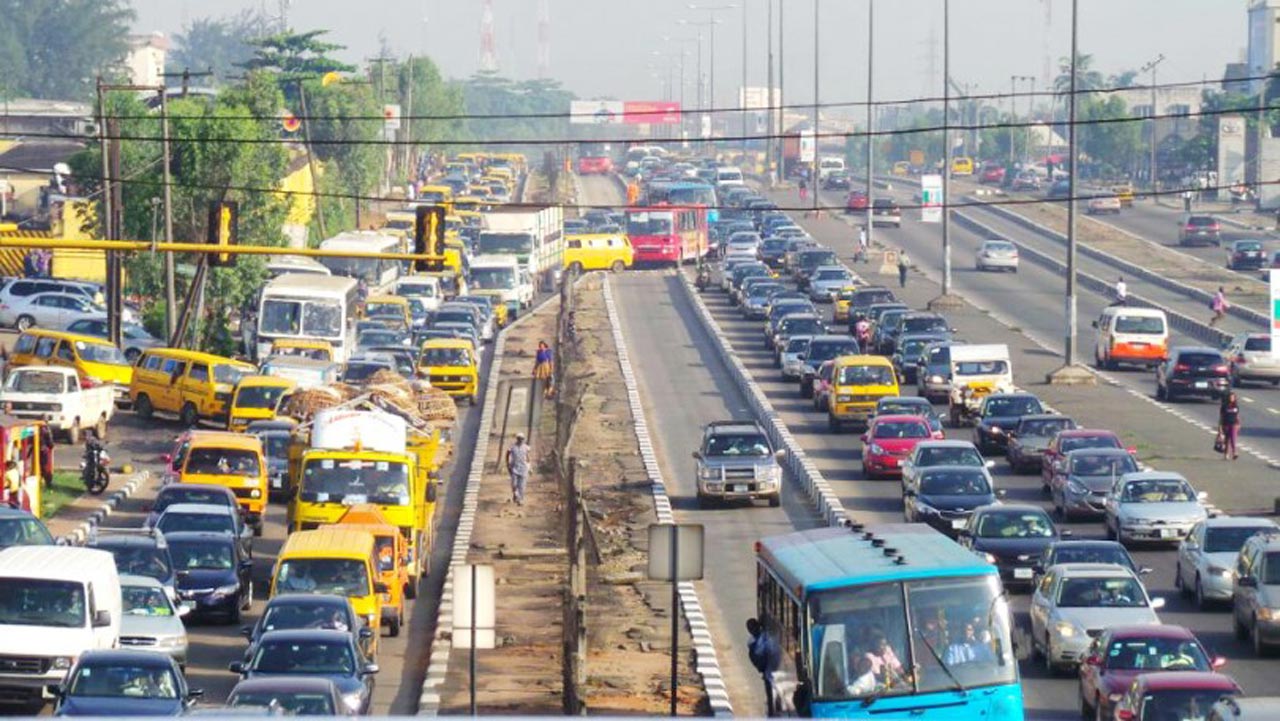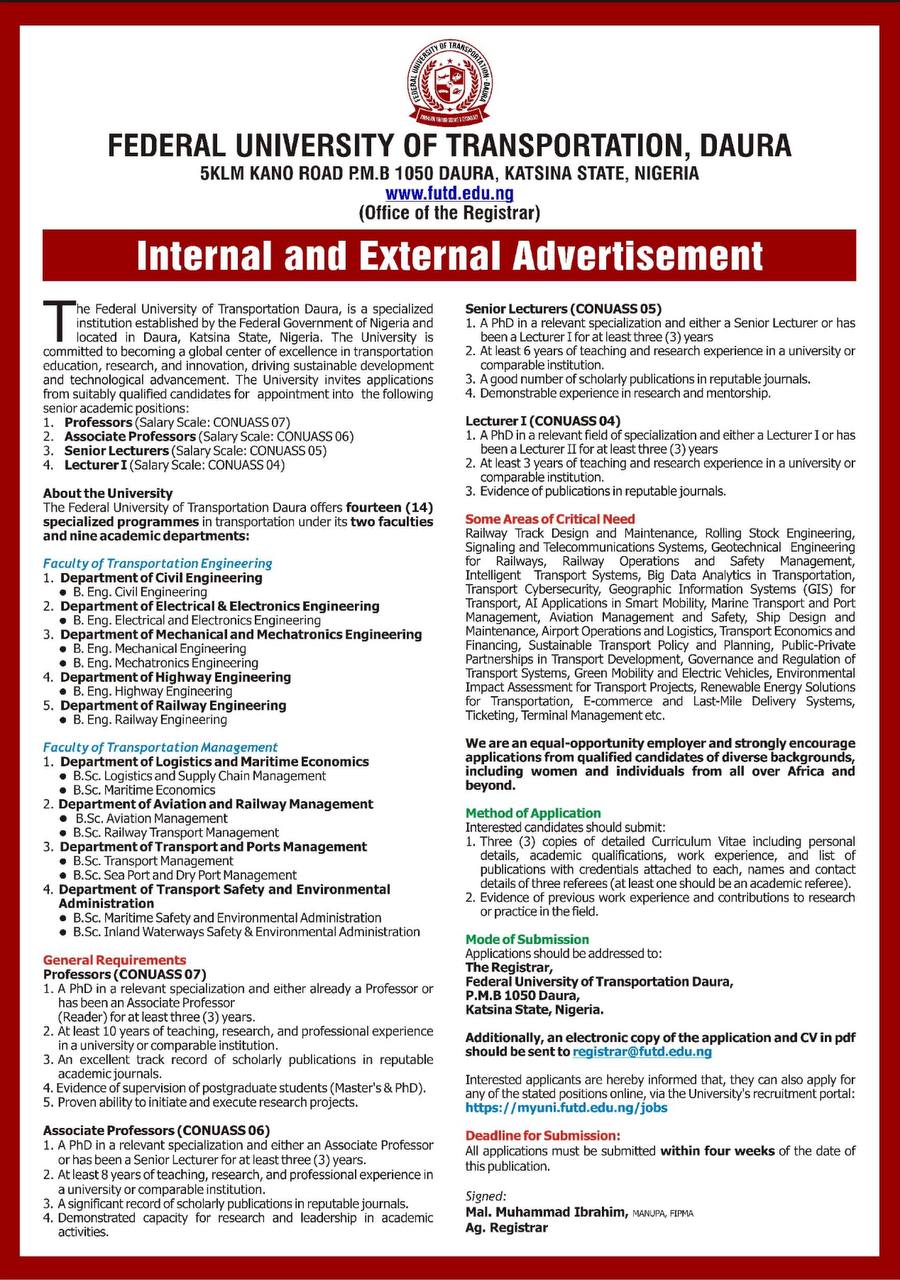The latest Google COVID-19 Community Mobility report has shown the movement of people to workplaces, parks, recreational centres, transit stations, retail and grocery shops declined significantly in Lagos and 15 other cities and states.
The report listed Lagos, Federal Capital Territory, Abia, Akwa Ibom, Benue, Cross River, Delta, Edo, Enugu, Imo and Kaduna as places where there were considerable changes in visits to places like grocery stores and parks.
Others are Kano, Kwara, Ogun, Osun, and Oyo states.
These states identified by Google also experienced increased movement around residential areas.
Google said it prepared the report to help Nigerian citizens and public health officials understand responses to social distancing guidance related to COVID-19.
The reports published for Nigeria and 130 other countries showed whether visits to shops, parks and workplaces dropped in April when many governments issued stay-at-home orders to reduce the spread of the novel Coronavirus.

The mobility trends for Lagos provided by Google indicated that visits by Nigerians to places like restaurants, cafes, shopping centres, theme parks, museums, libraries, and movie theatres had reduced by 69 per cent in April.
This is as the movement of Lagos residents to grocery markets, food warehouses, farmers markets, specialty food shops, drug stores, and pharmacies, national parks, public beaches, marinas, dog parks, plazas, and public gardens reduced by 59 per cent.
Movement of people to workplaces declined by 25 per cent while movement around residential areas in Lagos increased by 29 per cent in the month under review.
In Kano State, the movement of people to recreation and retail centres declined by 57 per cent compared to baseline data. The movement to grocery and pharmacy stores declined by 58 per cent; visits to parks reduced by 42 per cent, and visits to transit stations declined by 51 per cent compared to baseline data.
According to the report, workplace mobility in Kano reduced by 39 per cent while movement around residential areas increased by 23 per cent.
The mobility trends for FCT indicated that visits to retail and recreation centres dropped by 67 per cent; grocery and pharmacy stores visits reduced by 58 per cent, and movement to parks declined by 61 per cent.
The report stated that movement around transit stations in FCT reduced by 84 per cent; movement to workplaces reduced by 17 per cent while the movement to residential areas increased by 27 per cent.
Google said the COVID-19 Community Mobility Report provided insights into what had changed in response to work from home, shelter in place, and other policies aimed at flattening the curve of the pandemic.













